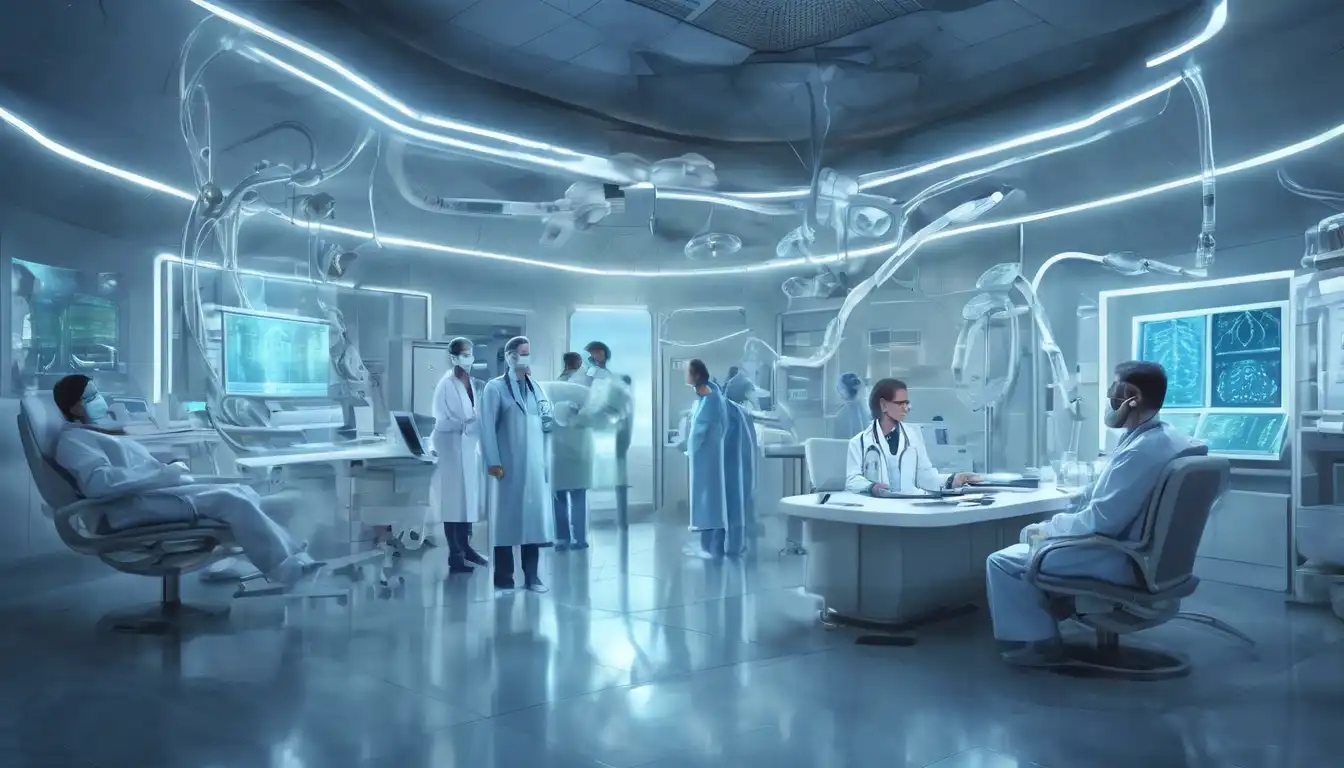The Revolutionary Impact of AI in Healthcare
Artificial Intelligence (AI) is revolutionizing the healthcare industry by providing innovative solutions that enhance patient care, streamline operations, and reduce costs. From diagnostics to treatment personalization, AI's role in modern healthcare is undeniable. This article explores the transformative power of AI in healthcare, highlighting its benefits, challenges, and future prospects.
Enhancing Diagnostic Accuracy
AI algorithms are capable of analyzing complex medical data with precision, leading to earlier and more accurate diagnoses. For instance, AI-powered imaging tools can detect abnormalities in X-rays and MRIs faster than human radiologists. This not only speeds up the diagnostic process but also improves patient outcomes by enabling timely intervention.
Personalizing Treatment Plans
AI's ability to process vast amounts of data allows for the personalization of treatment plans based on individual patient profiles. By analyzing genetic information, lifestyle factors, and previous treatment responses, AI can recommend the most effective therapies, minimizing side effects and improving recovery rates.
Streamlining Healthcare Operations
Beyond patient care, AI is optimizing healthcare operations. Automated scheduling systems, predictive analytics for patient admissions, and AI-driven inventory management are just a few examples of how AI is making healthcare delivery more efficient and cost-effective.
Challenges and Ethical Considerations
Despite its benefits, the integration of AI in healthcare raises ethical and privacy concerns. Ensuring the security of patient data and addressing biases in AI algorithms are critical challenges that need to be navigated carefully to fully realize AI's potential in healthcare.
The Future of AI in Healthcare
The future of AI in healthcare is bright, with ongoing advancements in machine learning and data analytics. As AI technologies evolve, their application in healthcare will expand, offering even more innovative solutions to improve patient care and healthcare systems worldwide.
For more insights into how technology is shaping the future of healthcare, explore our technology in healthcare section.
